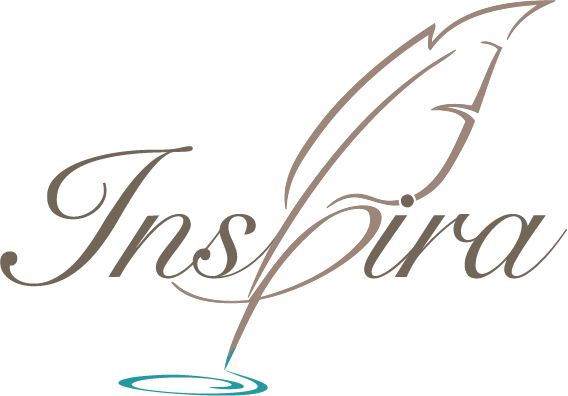The Music of Writing
/Have you ever heard the story of the concert pianist who never played the piano? How about the Olympic swimmer who never swam? I didn’t think so. Yet time and time again I hear from aspiring authors who are too paralyzed by self-doubt to actually write.
We understand the rigors of mastering an instrument, the countless hours of practice that are required. We understand that early on, the music will be rough, notes will be missed, and ears will be covered. But that is to be expected; it is part of the process. And yet somehow, many people expect something else entirely from writing. They see it as a talent. A God-given gift.
All too often, those who seek to write a book sit down in front of their computer, never having written a book before, and give up when they miss a note. Maybe you’ve done something similar. You’ve written your first sentence, your first paragraph, or your first chapter . . . and you hate it. You had this perfect idea for a book, and you’ve already ruined it with your terrible, amateur writing. But in reality, you’ve merely just learned to play Hot Cross Buns and you resent it for not being Beethoven’s 5th. The single worst thing you can truly do for your book idea is to leave it on the shelf, gathering dust.
Every single word you put down is progress toward a finished book and more experience as a writer—even the bad ones, especially the bad ones. The most successful authors in the world still have to put their manuscripts through copious amounts of editing.
But we look at the first draft of our first book and think it irredeemable. We say, “It’s bad,” or, “No one will ever read it.” “Bad” writing is the result of clumsy, untrained fingers missing the notes for an unfamiliar song. But over time, your fingers become stronger, more coordinated. Instead of straining for notes that are just outside your grasp, you find them comfortably within your reach, and they are soothing to your ears. This is how you must approach your writing.
Over time, your fingers become stronger, more coordinated. Instead of straining for notes that are just outside your grasp, you find them comfortably within your reach, and they are soothing to your ears. This is how you must approach your writing.
You have to understand that writing is a process. It is a process to take a book from first draft to print, and it is a process to take yourself from insecure and inexperienced to confident and accomplished. You cannot be deterred by the voice in your head that says you are not good enough. It is not possible for you to “ruin” your book idea. There is no limit on how many times you can edit or rewrite the same chapter or book, and each time you start over, you are more experienced than the person who wrote the last version.
Happy writing!


